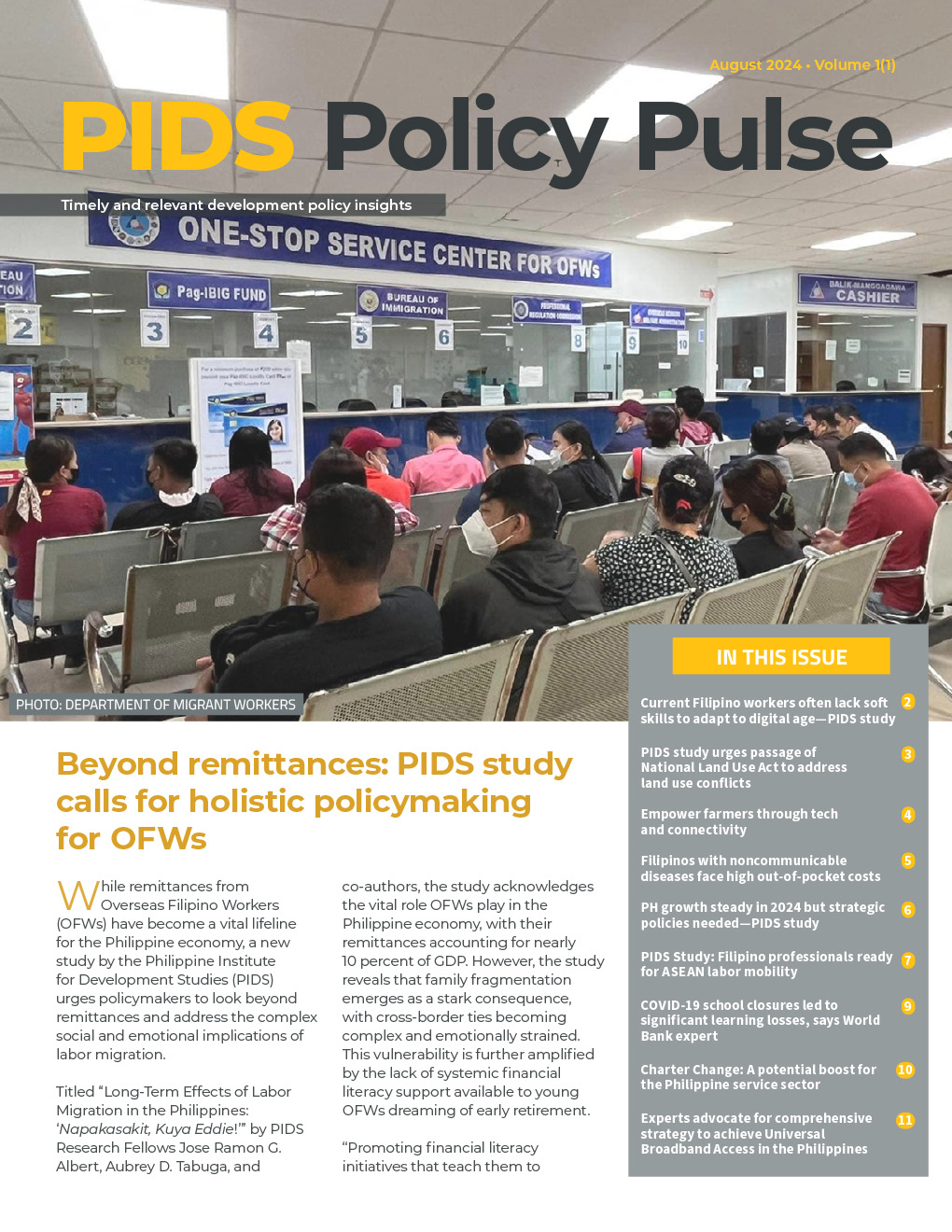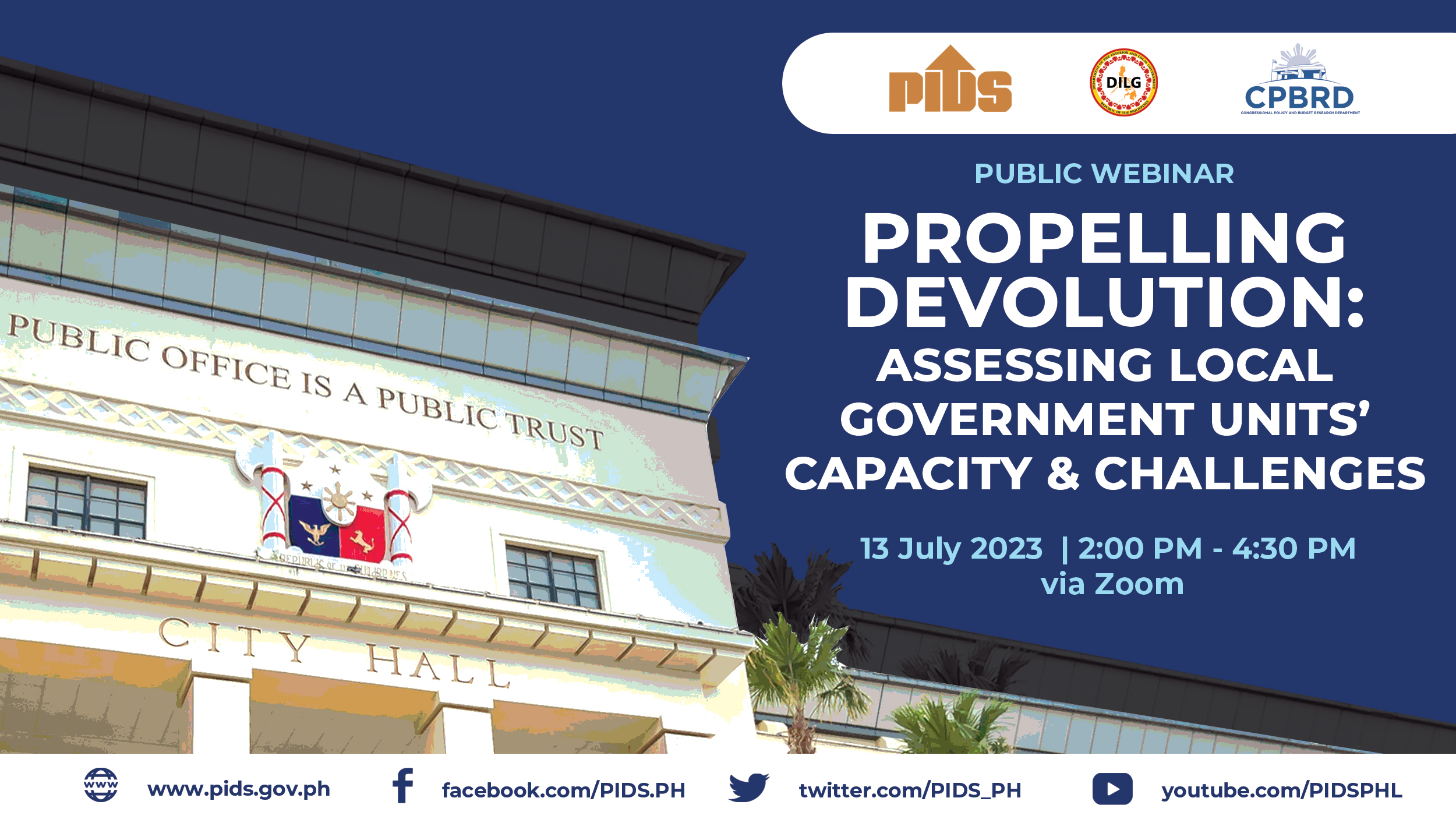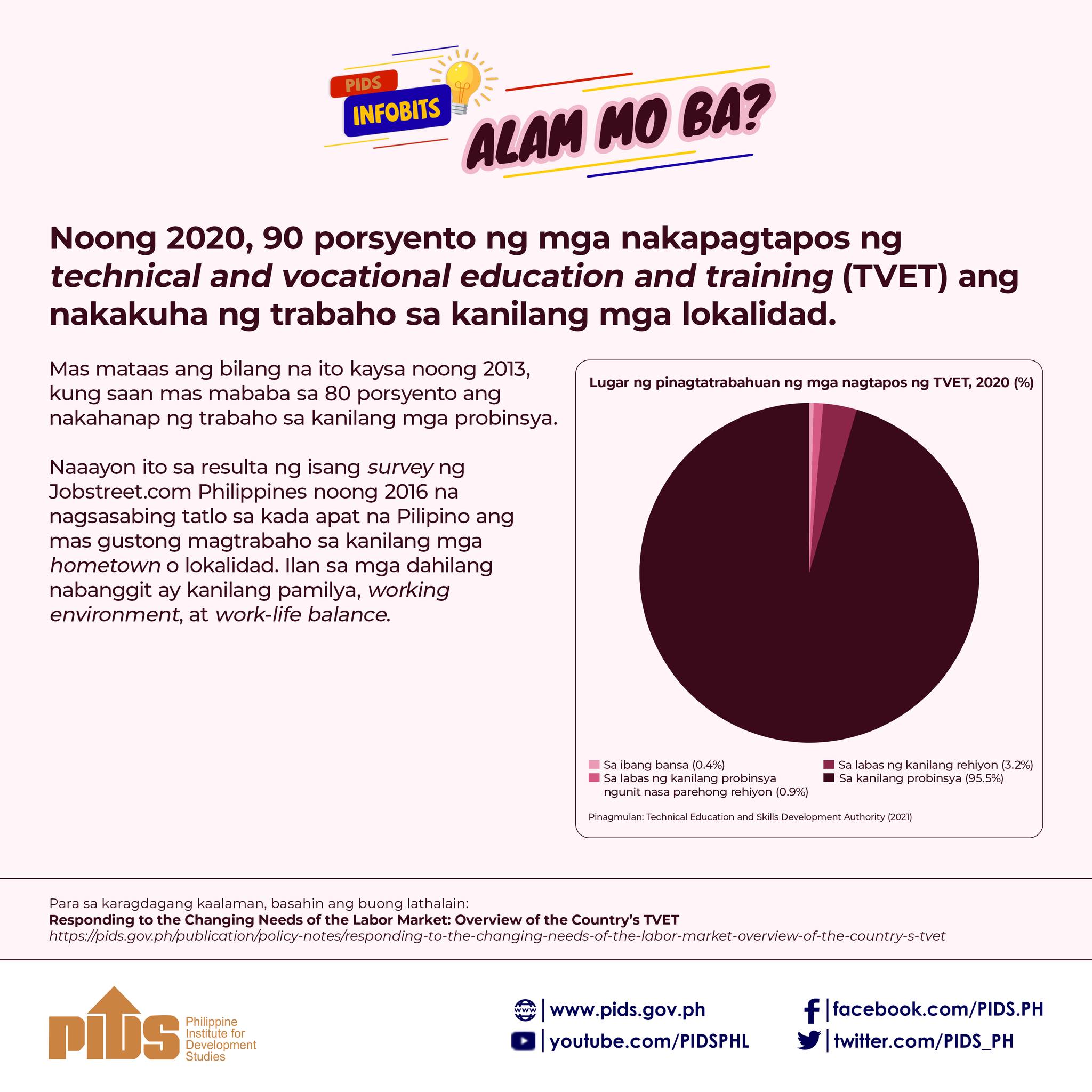A study released by the state-owned think tank the Philippine Institute for Development Studies (PIDS) urged the inclusion of the Complete Treatment Pack (Compack) Program in local government plans.
In a policy note, titled Assessment of the Compack Program, PIDS consultant Dennis B. Batangan said that, while the program have had positive effects, problems hounded its implementation.
The Compack Program was an expanded version of the P100 Treatment Pack Program of the Department of Health (DOH). It was pilot-tested in Mindoro Oriental and other provinces.
“Ensure the integration of the Compack Program with local government unit [LGU] development plans. Include definite provisions on the prioritization of beneficiaries, specifically Pantawid Pamilyang Pilipino Program [4Ps] beneficiaries, Philippine Health Insurance Corp. [PhilHealth] members and non-PhilHealth members,” Batangan said.
“Include civil-society and private-sector representatives in the conduct of national and local Compack Program implementation reviews,” he added.
Batangan said the DOH should also continue to address the unstable and incorrect supply of medicines, as well as delays in the dissemination of program updates.
He added that integrating the Compack with other DOH programs, such as the Doctors to the Barrios Program and Registered Nurses for Health Enhancement and Local Service (RN Heals).
“[The DOH must also] integrate the recording and reporting of the Compack Program into the PhilHealth e-pharmacy module and Shared Health Record of the Philippine Health Information Exchange,” he said.
During implementation, Batangan said there were inconsistencies in applying the Compack Program guidelines, especially with respect to PhilHealth benefit packages.
The Compack medicines were provided for free to Conditional- Cash Transfer beneficiaries who are also enrolled in PhilHealth and the patients at the rural health unit who may or may not be covered by PhilHealth.
The medicines made available through the Compack, he said, were also subjected to numerous clarifications by LGUs.//
In a policy note, titled Assessment of the Compack Program, PIDS consultant Dennis B. Batangan said that, while the program have had positive effects, problems hounded its implementation.
The Compack Program was an expanded version of the P100 Treatment Pack Program of the Department of Health (DOH). It was pilot-tested in Mindoro Oriental and other provinces.
“Ensure the integration of the Compack Program with local government unit [LGU] development plans. Include definite provisions on the prioritization of beneficiaries, specifically Pantawid Pamilyang Pilipino Program [4Ps] beneficiaries, Philippine Health Insurance Corp. [PhilHealth] members and non-PhilHealth members,” Batangan said.
“Include civil-society and private-sector representatives in the conduct of national and local Compack Program implementation reviews,” he added.
Batangan said the DOH should also continue to address the unstable and incorrect supply of medicines, as well as delays in the dissemination of program updates.
He added that integrating the Compack with other DOH programs, such as the Doctors to the Barrios Program and Registered Nurses for Health Enhancement and Local Service (RN Heals).
“[The DOH must also] integrate the recording and reporting of the Compack Program into the PhilHealth e-pharmacy module and Shared Health Record of the Philippine Health Information Exchange,” he said.
During implementation, Batangan said there were inconsistencies in applying the Compack Program guidelines, especially with respect to PhilHealth benefit packages.
The Compack medicines were provided for free to Conditional- Cash Transfer beneficiaries who are also enrolled in PhilHealth and the patients at the rural health unit who may or may not be covered by PhilHealth.
The medicines made available through the Compack, he said, were also subjected to numerous clarifications by LGUs.//












